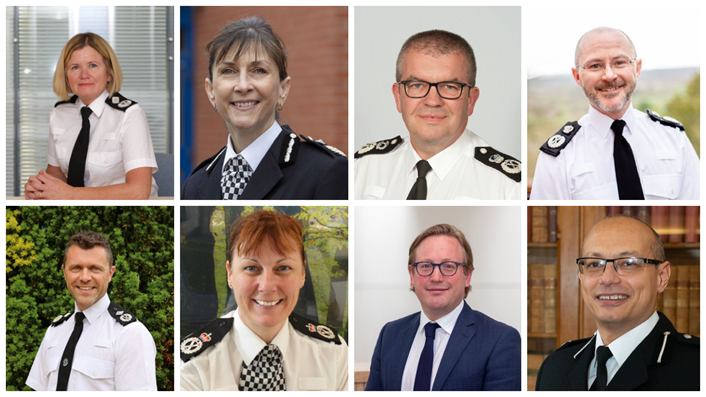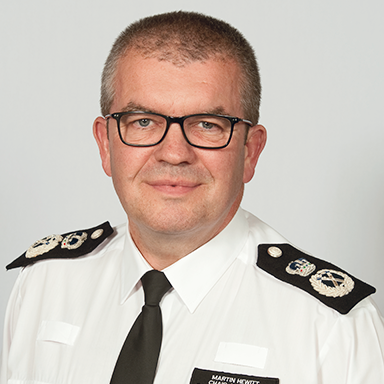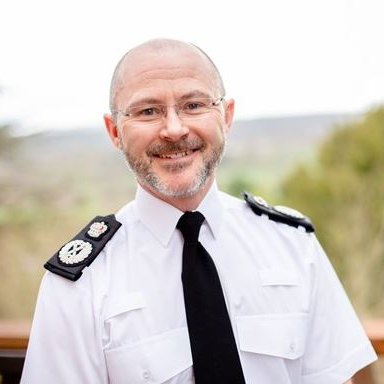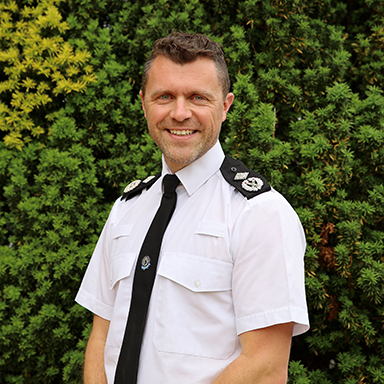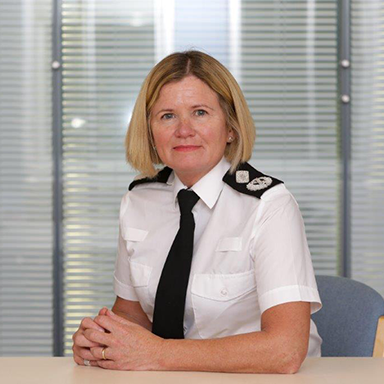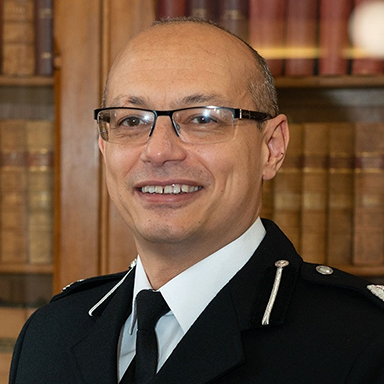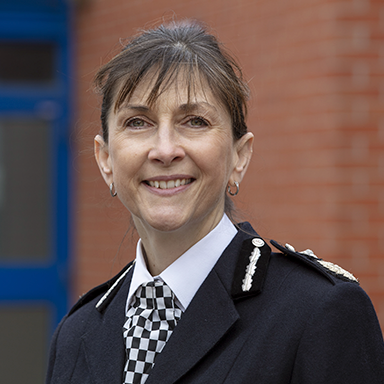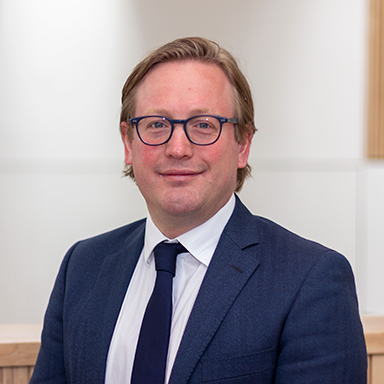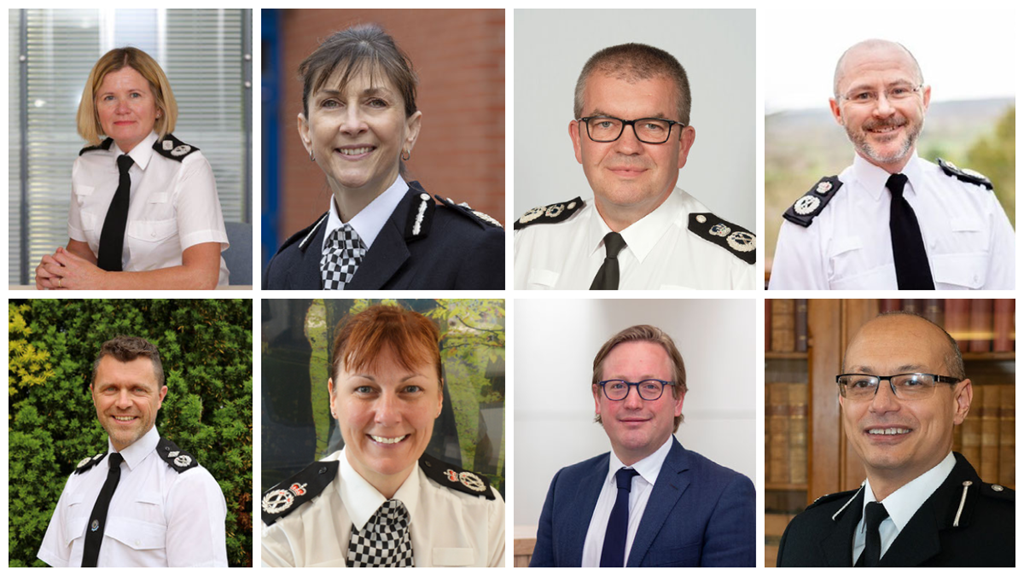
23 Feb 2023
Police chiefs' predictions and priorities for 2023
Some of NPCC’s key voices share their priorities and predictions for 2023 – the things that will be getting them out of bed in the morning or the guiding principles they will follow.
Martin Hewitt, National Police Chiefs’ Council outgoing Chair:
"The next year for policing will be both challenging and exciting. The primary objective will be strengthening our relationship with the public.
"I expect to see NPCC playing a key role in driving up professional standards, delivering against the crimes that matter most to citizens, and orchestrating the whole policing network to deliver for the public."
Chief Constable Gavin Stephens, National Police Chiefs’ Council incoming Chair:
"I love policing now as much as the day I started, and it has been very painful in recent times to see the harm caused to victims, and the damage done to our communities, by police officers who have committed serious crimes. In policing, our ability to earn the trust of individuals in need, and the wider confidence of communities is essential for all we do.
"Policing in the UK is founded on principles and values that are widely admired and adopted. Rebuilding trust will be central to police reform in the coming year.
"Our communities deserve the very best, and our officers, staff and volunteers need to know that they will be supported in keeping communities safe and feeling safe. I’m excited about leading this as I take on my new role in April."
Deputy Chief Constable Alex Franklin-Smith, National Police Chiefs’ Council Lead for Burglary:
"In 2022 chief constables across England and Wales committed to the police attending all reported domestic burglaries. This reflects the deep impact burglaries have on victims and their sense of safety. It will help us support victims, give prevention advice and bring more offenders to justice.
"In 2023, I will be working with government, academia and public and private sector partners to ensure that forces across the country have the best possible advice and tools to support that commitment and improve burglary prevention and investigation."
Deputy Chief Constable Maggie Blyth, National Police Chiefs’ Council lead for Violence Against Women and Girls:
"We must continue to work at pace and with urgency to build women’s confidence that the police will protect and respect them.
"I am working with police forces to ensure we target the most dangerous and repeat perpetrators harming women and girls with first responders, public protection teams and local neighbourhood teams working together. I will be publishing the first Strategic Threat and Risk Assessment for violence against women girls in the coming months, in the way we do for terrorism or serious organised crime. This will help guide police and government decisions about this national threat.
"The new national operating model to transform rape investigation will launch this summer based on evidence from Operation Bluestone Soteria where police forces have worked with academics on deep dives in five pilot forces. I want to take the learning from this programme and apply it to other forms of violence against women – that will be a key focus for me in 2023."
Chief Constable Lisa Winward, National Police Chiefs’ Council Lead for Local Policing:
"Visible, accessible and responsive local policing is key to keeping our communities safe, and feeling safe.
"Responding to increasing levels of mental ill health in partnership, tackling anti-social behaviour in our communities to reduce the negative impact upon day-to-day quality of life, and the desire for policing to provide swift and improved customer contact options and engagement opportunities will be my top priorities in the coming year."
T/Deputy Chief Constable Tyron Joyce, Programme Director for the Police Race Action Plan:
"I believe policing is driven by both evidence and emotion. We need to understand and respond to the public’s concerns and how they feel about policing. We also then demonstrate tangible activity that’s build on evidence of what works.
"We have a moral duty to accept the public’s lack of confidence in us currently, which is especially evident in Black communities. This humility and then action is simply delivering the protection every police officer and staff member joined to deliver."
Deputy Chief Constable Janette McCormick, Programme Director National Uplift Programme:
"After a decade of reducing officer numbers, the government’s commitment to recruit and maintain an additional 20,000 officers by April 2023 is on track. Not only will the officer workforce be the largest ever, but the most diverse. Communities, policing and government have a shared interest in maximising and retaining this investment.
"More than 4 in 10 of our joiners are now female and we have the highest rate of ethnic minority officers joining. By comparison to other public and private sector organisations policing has high levels of retention. The stronger labour market, challenging economic position and a new generation less wedded to a 30+ year career, means our focus needs to not only be on continuing to grow but on retaining and building the experience of this new workforce while ensuring we value and care for the existing experience and skills in our ranks."
Professor Paul Taylor, Policing Chief Scientific Adviser:
"As one of the six pillars of the NPCC strategy, science and technology sits at the heart of delivering a better and trusted police service. Our mission this year will be to continue to explore and exploit these opportunities in a coordinated way with academia and industry, for the benefit of all 43 forces. I expect rapid progress in areas that include how we communicate with the public, how we use data to deliver effective investigations, and how we engineer technologies to prevent crime in the first place."
Contact information
Communications office
By phone: 0800 538 5058
By email: press.office@npcc.police.uk









